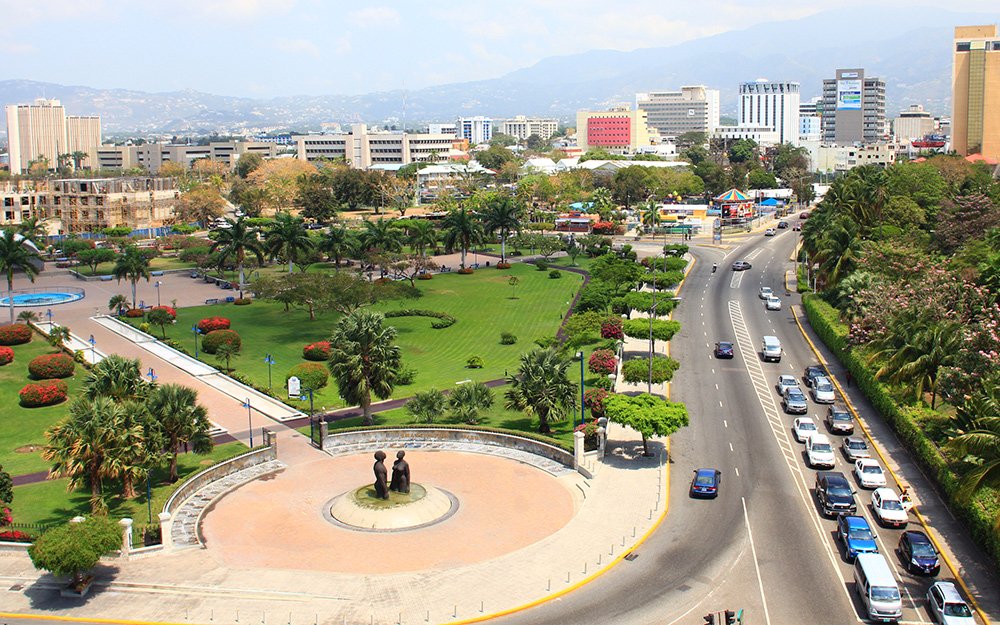Programmes
Growth Inducement Programme

The Growth-Inducement Strategy for Jamaica in the Short and Medium Term (2012) is aligned with the Vision 2030 Jamaica–National Development Plan, and was developed after widespread consultations with public and private sector stakeholders. The Growth Inducement Strategy provided a detailed overview of the major hindrances to growth and a strategic agenda to achieve significant, sustained and inclusive economic growth for Jamaica within five years of implementation of the various initiatives included in the report. Based on research, the Growth Inducement Strategy highlighted seven interrelated key pillars on which Jamaica’s economic growth must be built:
- Crime Reduction (Social Inclusion) – get to the root causes and coordinate interventions via programmes such as the Community Renewal Programme (CRP) housed at the PIOJ
- Urban Regional Development (Social Inclusion) – development of critical infrastructure
- Asset Mobilization – unlocking the power of our human resources as well as privatising unused or under-used public assets
- Building International Competitiveness – decreasing cost of production, increasing training and productivity of our labour force, as well as promoting innovation, that is creativity in our products and processes
- Public Sector Transformation – for more efficient delivery of government services and effective Public/Private Sector Partnerships
- Development of Business Network – maximise corporate cooperation to realise economies of scale and inter-industry linkages
- Improving the Resilience of our Man-made and Natural Environment – reduce impact of natural and man-made disasters on our economy and adapt to climate change
There are a number of initiatives (i.e. projects, programmes, legislation, strategies, reforms and other activities) that could help to achieve economic growth in Jamaica, which were included in the Growth Inducement Strategy, as well as other related initiatives that have since arisen. With these in focus, the GIP aims to, inter alia, produce and share targeted and usable research designed to identify and propose solutions to key hindrances to growth — including post-implementation assessments of initiatives — which can be used by implementing agencies to inform and improve their efforts. To that end, and given that five years had passed since the publication of the Growth Inducement Strategy, between September 2017 and March 2018, the GIP Secretariat undertook a substantive assessment of select initiatives and their general effect on growth led by consultant Professor David Tennant. In short, the assessment exercise sought to determine where we now stand and to suggest how we should best move forward with economic growth initiatives in Jamaica.
 Government of Jamaica
Government of Jamaica